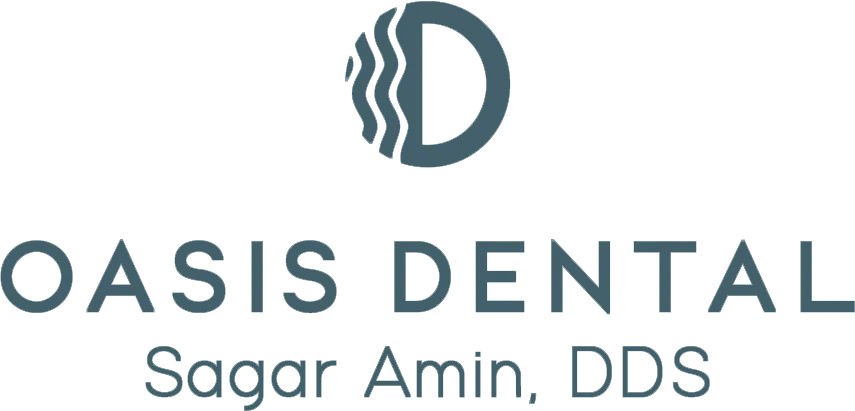When it comes to maintaining a healthy smile, regular brushing, flossing, and routine dental visits often take center stage. While these habits are undoubtedly important, there’s another critical factor that plays a pivotal role in your oral health: nutrition. As a general dentist specializing in adult care, I’ve seen firsthand how the foods you eat directly impact not only the condition of your teeth and gums but also your overall health.
Your mouth is the gateway to your body, and the choices you make in your diet influence the strength of your teeth, the health of your gums, and your susceptibility to oral diseases. Nutrient-rich foods supply the building blocks for enamel strength, tissue repair, and a balanced oral microbiome, which keeps harmful bacteria at bay. Conversely, poor dietary choices can set the stage for tooth decay, gum disease, and other oral health issues.

Essential Nutrients for a Healthy Smile
Calcium for Strong Teeth and Bones
Calcium is a cornerstone of dental health. It helps fortify your tooth enamel—the outermost layer of your teeth—and strengthens the jawbone that anchors your teeth in place. Adults over 30 often experience gradual bone density loss, making calcium even more essential. Incorporate foods like dairy products, leafy greens, and fortified plant-based milks into your diet to ensure you’re meeting your calcium needs.
Vitamin D for Calcium Absorption
Even with adequate calcium intake, your body needs vitamin D to absorb and utilize it effectively. This nutrient is critical for maintaining strong teeth and supporting healthy bone structures. You can get vitamin D from sunlight, fatty fish like salmon, and fortified foods such as cereals or orange juice.
Phosphorus for Enamel Protection
Phosphorus works alongside calcium to strengthen and protect tooth enamel. Foods rich in phosphorus, such as lean meats, nuts, and whole grains, are excellent additions to your diet to maintain oral health.
Vitamin C for Healthy Gums
Vitamin C supports gum health by promoting collagen production, which strengthens connective tissues and helps repair damaged gums. A deficiency in vitamin C can lead to bleeding gums and increased risk of periodontal disease. Citrus fruits, strawberries, and bell peppers are excellent sources of this essential vitamin.
Antioxidants for Inflammation Control
Antioxidants found in fruits, vegetables, and green tea combat inflammation and support a healthy immune system. They can help protect your gums from harmful bacteria that cause gingivitis and periodontitis.
Water for Oral Hydration
Water is an unsung hero of oral health. Drinking water helps rinse away food particles, neutralize acids in the mouth, and maintain a healthy level of saliva. Saliva is your body’s natural defense against bacteria and plays a vital role in preventing cavities and bad breath.
Foods to Limit for Better Oral Health
Sugary Snacks and Beverages
Sugary foods and drinks fuel harmful bacteria in your mouth, leading to acid production that weakens tooth enamel and causes cavities. Sodas, candy, and baked goods are common culprits. If you indulge in sweets, rinse your mouth with water and brush your teeth afterward to minimize damage.
Acidic Foods and Drinks
Citrus fruits, wine, and vinegar-based dressings can erode enamel over time if consumed excessively. While these foods are often nutrient-rich, it’s essential to balance your intake and rinse your mouth with water to reduce their acidic effects.
Sticky and Starchy Foods
Foods like potato chips and dried fruits tend to stick to your teeth, providing a prolonged food source for bacteria. Make sure to floss thoroughly to remove any residue and protect your teeth.
Practical Tips for Nutrition and Oral Health
Snack Smart
Swap sugary snacks for nutrient-dense options like cheese, yogurt, or crunchy vegetables. These not only satisfy hunger but also promote saliva production, which helps cleanse your mouth naturally.
Chew Sugar-Free Gum
Sugar-free gum with xylitol is an excellent tool for maintaining oral health between meals. It stimulates saliva production and helps neutralize acids.
Timing Matters
Spacing out your meals and snacks gives your teeth time to recover from acid attacks caused by food and drink. Avoid grazing throughout the day to minimize prolonged exposure to sugars and acids.
Pair Foods Strategically
Combine acidic or sugary foods with foods that neutralize acid, such as cheese or milk. For example, pairing fruit with yogurt can help balance the impact of natural sugars on your teeth.
What many people don’t realize is that oral health is closely tied to overall health. Poor nutrition can lead to oral conditions like gum disease, which has been linked to systemic issues such as heart disease, diabetes, and even complications during pregnancy. By prioritizing a balanced diet, you’re not just protecting your smile—you’re investing in your long-term well-being.
While nutrition is a powerful tool for maintaining oral health, regular dental visits remain essential. A professional cleaning removes plaque and tartar that even the best diet can’t prevent entirely. During your visit, your dentist can also provide personalized advice based on your unique oral health needs and dietary habits.
At Oasis Dental, we’re passionate about helping our patients achieve their best smiles through comprehensive care and education. By combining good nutrition with regular dental check-ups, you can enjoy a lifetime of healthy teeth and gums.
If it’s been a while since your last dental visit or you’d like to learn more about how nutrition impacts your oral health, schedule an appointment today. Let’s work together to create a plan that supports not only your smile but your overall well-being.
